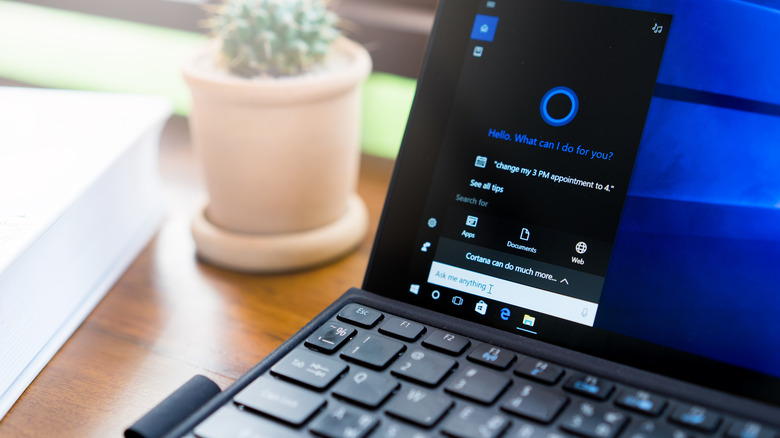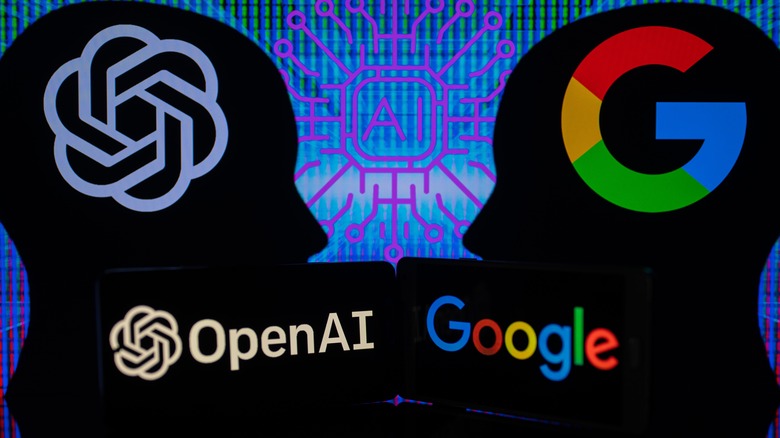AI Is Quietly Killing Microsoft's Cortana (And She Won't Be Its Last Virtual Victim)
While it was evident that the days of virtual assistants like Siri, Cortana, and Google Assistant were numbered soon after the arrival of generative AI on the scene, the speed at which these changes seem to be happening is unprecedented. In June 2023, barely months after ChatGPT arrived on the scene, Microsoft confirmed that it would retire Cortana—its nearly decade-old virtual assistant—on Windows 11 and Windows 10. While the original plan was to phase out the service "by the end of 2023," Microsoft seems to have moved that date ahead by a couple of months—at least in the case of Windows 11.
According to a report by Windows Latest, Microsoft has begun issuing an update to the Cortana app on Windows 11 that—instead of adding new features—actually kills the app altogether. Once the update is applied, opening up Cortana displays a message that reads "Cortana in Windows as a standalone app is deprecated." While it is unclear when Microsoft intends to issue a similar update for Windows 10 users, it is evident that the days of Cortana on Windows 10 too, are numbered.
This is a significant development, as it shows that Microsoft is now fully committed to phasing out Cortana in favor of generative AI. While Cortana may be the first virtual assistant to fall victim to the rise of generative AI, it certainly won't be the last. Other virtual assistants, such as Siri and Google Assistant, could also be facing extinction—or receive a transformative, AI-infused update in the near future. In fact, Google has already indicated that its Google Assistant is on the verge of getting an AI makeover.
The inevitable rise of generative AI
The demise of Cortana on Windows 11 and (soon) Windows 10 is a monumental shift in the AI landscape. It is now evident that virtual assistants that once thrived on predefined responses and simple task execution are gradually being replaced by generative AI models. This change is inevitable, given that AI chatbots are much better at handling complex interactions and can generate human-like responses. In fact, the major difference in how old-school assistants differ from newer AI models is the way the latter processes language.
AI models — even in their current form — have the capability to understand context, learn from vast amounts of data, and generate responses that are contextually relevant and linguistically coherent, in complete contrast to old-school virtual assistants. While both Google and Microsoft have chosen their respective paths for an AI-infused feature, Apple still seems to be on the fence, though it is building its own AI chatbot as well.
While it is inevitable for Apple to make the switch, it would be interesting to see if the company opts to go for an in-house solution like it typically does. Apple could also opt for the less-expensive option and commission an Apple Siri version of ChatGPT from OpenAI, or even opt for a Bard-based solution. Whatever the case, it seems that virtual assistants on all major platforms could be living on borrowed time.

